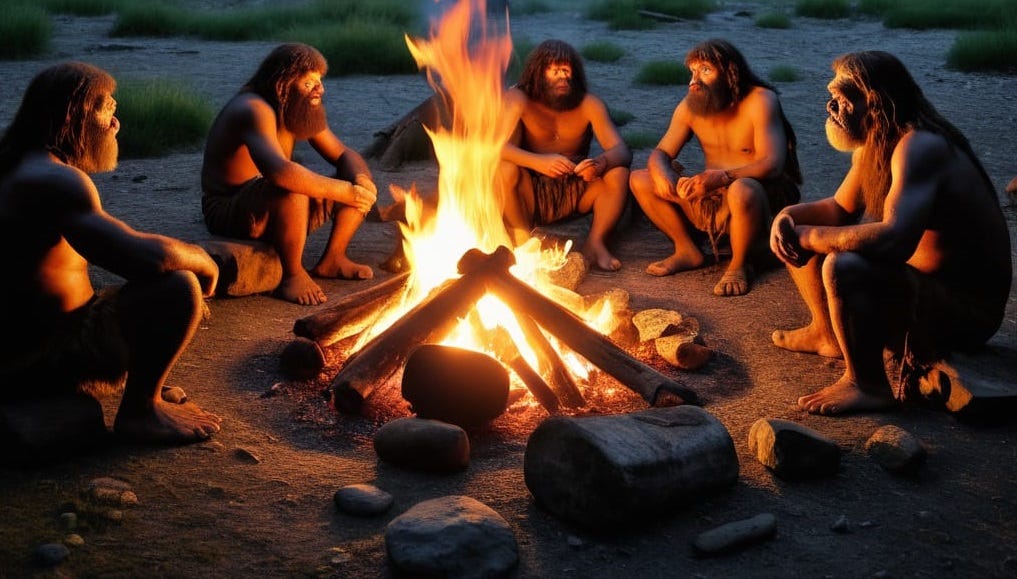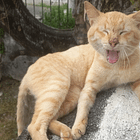Serving A Higher Purpose: A Hypothesis on the Displacement of the Neanderthal by Modern Man.
They were stronger, better adapted for northern climate than Modern Man. But modern man won out there. Is this the answer?
Debate and speculation on why Neanderthals died out has been a topic in universities, and now on social media, for a very long time. They were stronger, better adapted for northern climate than Modern Man. Some think it was their need for a higher calorie diet, and they just could no longer keep up when modern man moved in and could survive on less food. Many people have published papers refuting that. Others say they just were not as smart as humans, so were out competed for the limited area. But more recent studies on brain size and on just how smart you had to be to know all the different tasks that a tiny Neanderthal clan had to accomplish every season, calls that into question too. Humans spread the work out among more people. To be able to know that many skills likely made them slightly smarter than us.
In the end, the larger groups size may have been the defining thing. Neanderthals lived in groups of from 30 to 60 adults. Modern Man tribes usually got up to 300 before social pressures had them splitting or sending out offshoots. This had them doing more different tasks at the same time, and having a much larger library of skills to call on. It also means more free time for learning things and improving what you are doing. That could easily be why we out competed a stronger, better adapted and more intelligent rival. It was our numbers.
So why did Modern Man live in tribes that commonly got up to 300 adults and Neanderthals top out at 60? Both undoubtedly develop factions in their groups. You get ten men, women, or a mix if the two, in a group, day after day, you usually start getting factions in a few weeks. The larger the number, the sooner those factions develop. At over 30, groups become more defined, and offshoots are common. So, what kept the Modern Man tribes together?
One possibility is the belief in a higher purpose. Both groups, with little doubt, had it. Caring for the sick and injured, artistic expression, and taking on task that had little personal benefit but help out tribe members appear to have happened in both groups according to many of the deductions being made from what they left behind. Part of that seems to have started with the common ancestor to both. They are survival traits, and evolution spent thousands of years reinforcing those traits so that by the time both species existed, both had a healthy dose of them.
But Modern Man may have taken that one step further. The Neanderthal type appears to be limited, and factionalism would easily dominate it. Modern Man’s version of it became enlarged and became religion. Instead of just working to help others when it suited them and the cost of doing so was low. Serving a higher purpose became worth making sacrifices for, including staying in larger groups instead of your own faction going its own way and pursuing goals more in line with what you want to do.
Throughout Africa, the larger groups this created of our earliest ancestors had a better survival profile, which means evolution would have favored this. Generation after generation, the groups that had slightly more of that trait than others would have the edge in survival. The tribes would grow from the 30-60 of the earliest ancestors up to the 300 that they eventually reached by the time they moved into Asia and Europe, with religions life being part of their everyday life. Another effect was outsourcing part of the thinking to the group. This would slightly shrink the brain size after the tribes got large enough.
It wasn’t the Neanderthals that were the unintelligent superstitious savages. That was Modern Man. Facing that kind of competition, would have doomed the Neanderthals on several levels.
This is a hypothesis for you to consider,
If you consider this thought provoking, consider buying me a coffee, or subscribing to my writing, or even just sharing it to others you think might be interested it reading it.






